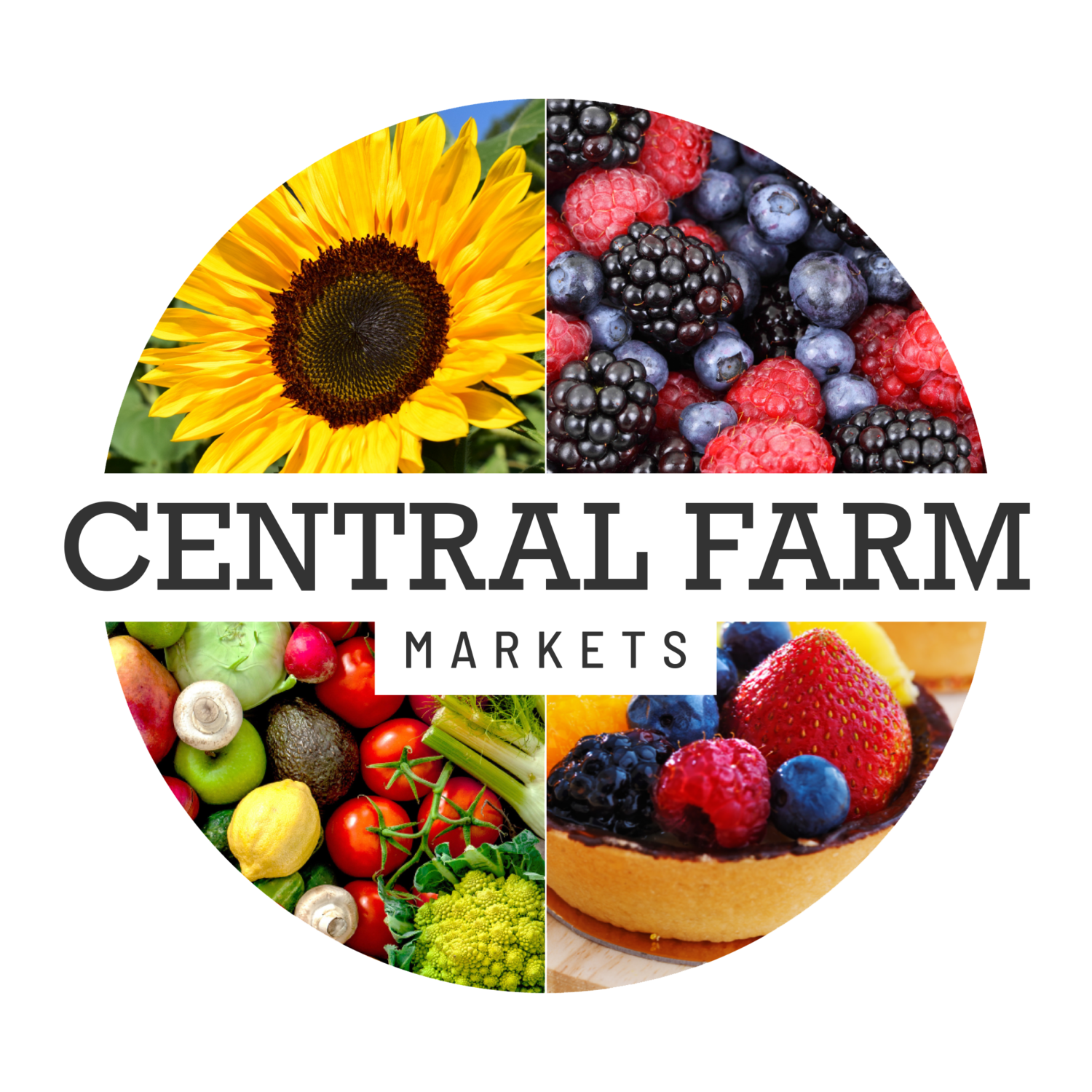Farm Daddies
This week will be Fathers Day. The deluge of advertisements for grilling equipment as well as goodies to cook on those grills pushes into every facet of media. It has been several years since my father has passed and this year handed me the loss of a long-time mentor so I’ve been ignoring the hype for hamburgers and Big Green Eggs. But as I walked around the farm contemplating a subject for this week’s Dishing the Dirt I came across the ducks’ nest complete with both drake and hen actively guarding their clutch of eggs.
“Good daddy,” I thought to myself and as I continued my morning chores I realized there were lots of good daddies on the farm.
The Barn Owls who return to nest in the old concrete silo every year mate for life. I always know when they’re back when one swoops silent behind me as I walk down the lane at dusk, only the rush of air past my head alerting me to its presence. “A little privacy, please,” they might be asking as they settle into their seasonal parenting routine. Last year they fledged four owlets.
The Canada Geese, Bald Eagles, common pigeons, and Black Buzzards are also monogamous residents who practice shared parenting. While not monogamous, in most of the bird world the males share in the responsibility for feeding the offspring. A House Wren nesting in the Monticello Redware Bird Bottle on my front porch has five ravenous babies. The male spends his day delivering meals of spiders and crane flies as he chitters scoldingly at my too close presence, another sign of good fathering. As soon as I go back into the house, he goes silent.
Some customers when purchasing eggs ask about roosters as their beliefs have dietary restrictions against eating fertilized eggs. But after keeping chickens for both production and personal use over the years I can tell you that less hens and chicks fall victim to predation when there is a rooster with the flock. Contrary to popular belief, they do serve a purpose other than a natural alarm clock.
Fatherhood on the farm can be a messy and dangerous business. Ask anyone who has ever kept breeding livestock if they’ve been pinched by a gander, spurred by a rooster, butted by a goat, knocked down by a ram, struck by a stallion, tusked by a boar, rolled around on the ground by a bull, or neck slapped by an alpaca. In humans we make Dad jokes about fathers protecting their teenage daughters from prospective suitors, but don’t find that type of behavior particularly pleasing when it comes to furry four-legged critters who outweigh us. When they act like Dads they get to go to freezer camp.
On many farms fatherhood has been reduced to artificial insemination where there are catalogs from which to choose who will sire the offspring based upon specific physical traits and potential production. He arrives in a straw stored in liquid nitrogen. We have even taken A.I. (not artificial intelligence) a step further in determining the offspring’s sex. Sure, the magic juice might cost twice as much, but the 96% probability you’ll get exactly what you want is worth the price. How’s that for a mail-order man.
For farmers who keep sires, regardless of species, we know when we have a good daddy. The current billy goat, a young South African Boer, has become the designated babysitter for all of the does’ kids. He hangs out in the shade with them while they nap, play chase, and bounce on top of him while all the mothers are off in the far pastures eating. And the kids aren’t even his! He earns the Farm Father of the Year award.
I find great irony in that the traits we desire in human fathers—providers and protectors—have been stripped away by domestication in livestock. Could it be that our humanity is that the fathers of our species have learned to wisely use testosterone?
On second thought…..

